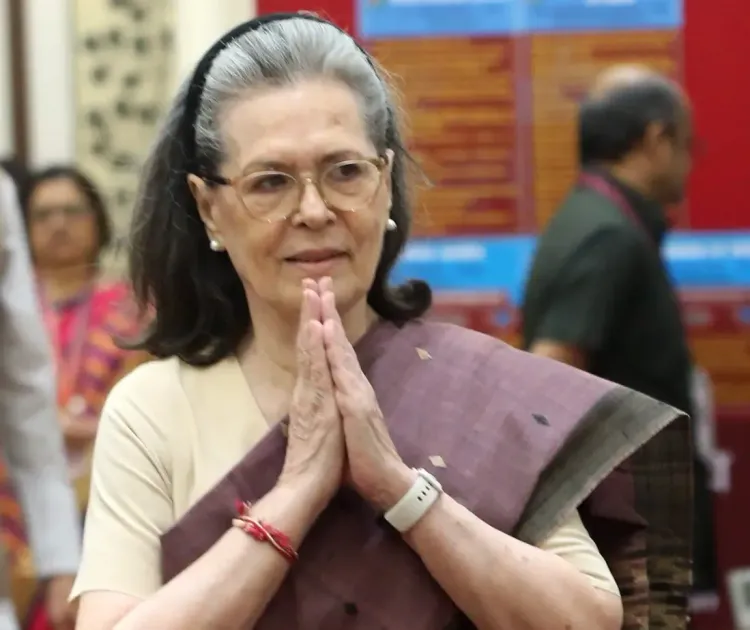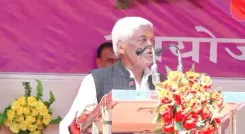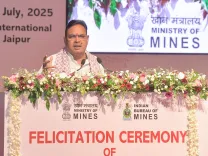Did a Delhi Court Just Dismiss a Complaint Against Sonia Gandhi Over Voter List Inclusion?

Synopsis
Key Takeaways
- Delhi court dismisses complaint against Sonia Gandhi.
- Accusation of electoral fraud arises from her voter list inclusion.
- Political tensions escalate between Congress and BJP.
- Legal complexities in electoral law highlighted.
- Calls for transparency in the democratic process.
New Delhi, Sep 11 (NationPress) A Delhi court has dismissed a criminal complaint against Congress leader Sonia Gandhi, which claimed her name was added to the voter list in 1980, three years prior to her official Indian citizenship in 1983.
While delivering the verdict, Additional Chief Judicial Magistrate (ACJM) Vaibhav Chaurasia of the Rouse Avenue Court stated, “We have dismissed the complaint.”
The complainant alleged that Sonia Gandhi's presence in the voter list before her citizenship indicates potential use of forged documents, which could qualify as a cognizable offence.
ACJM Chaurasia heard initial arguments last week concerning the complaint lodged by Vikas Tripathi and scheduled September 10 for the next hearing.
Tripathi urged the Rouse Avenue Courts to instruct the police to file an FIR and investigate the allegations.
The BJP has continually accused Sonia Gandhi of electoral fraud, claiming her early voter registration is evidence of misconduct.
“She was registered as a voter in 1980 but only became a citizen in 1983. What greater theft than that?” questioned Madan Rathore, president of the Rajasthan BJP unit.
Rathore criticized the Congress party, countering their claims of vote manipulation by the BJP as unfounded.
“If we were involved in vote theft, how did leaders like Rahul Gandhi, Priyanka Gandhi, Ashok Gehlot, Sachin Pilot, Tikaram Jully, and Govind Singh Dotasra win elections? Congress celebrates its victories but complains when they lose,” he stated.
He accused Congress of consistently altering voter lists over the years.
“Voter lists are revised routinely – new voters are added, and deceased individuals are removed. Names are adjusted for relocations. However, Congress has repeatedly interfered with this process by inserting fictitious names.”





